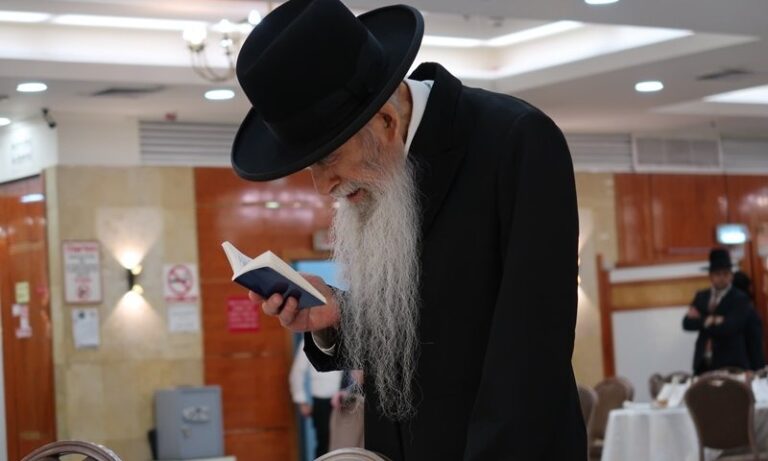Several political campaigns in New York have come under criticism in recent weeks over campaign messaging that some say was designed to exploit voters’ racial biases or xenophobia.
In the latest skirmish, a Democratic congressman in California assailed a Republican colleague in New York this week over a campaign attack ad that showed his opponent speaking Korean, over a backdrop of ominous music, a portrait of North Korean leader Kim Jong-Un and captions falsely implying he was talking about sending American jobs to Asia.
“Take your racist ad and shove it. You are an embarrassment to the House of Representatives,” U.S. Rep. Ted Lieu of California wrote on Twitter, addressing U.S. Rep. Chris Collins, of western New York.
A spokeswoman for Collins, who is campaigning for re-election in New York’s 27th Congressional District while under indictment on insider trading charges, said the ad was a comment on the economic policies of Democratic opponent Nate McMurray, and that race had nothing to do with it.
“Another day, another tired and false attack from anti-Trump, liberal Democrats,” spokeswoman Natalie Baldassarre said in a statement.
Earlier this month, New York Gov. Andrew Cuomo was roundly criticized over a flyer the state Democratic Party sent to predominantly Jewish households accusing his Democratic primary opponent, Cynthia Nixon, of not caring about anti-Semitism. Nixon, who is raising her children as Jewish, was outraged. Cuomo, who won the primary, agreed the flyer was “inappropriate” but denied any involvement in its creation.
In New York’s 19th Congressional District, Republican U.S. Rep. John Faso was accused of “race baiting” by The New York Times editorial board after the National Republican Campaign Committee put out an ad showing his Democratic challenger, Antonio Delgado, performing in a rap video. Faso is white, as is 90 percent of his district north of New York City. Delgado, a Harvard Law School graduate and Rhodes Scholar, is black.
The ad featured clips from a 2007 video Delgado recorded under stage name “AD the Voice” in which he uses profanity, quips that he’s “gotcha sweatin’ this like ya having sex to a porno flick,” and says “God bless Iraq,” in a song opposing the Iraq war. It concludes with a picture of Delgado wearing a hooded sweat shirt.
Faso said his campaign had no control over the ad, but defended it as a valid criticism of lyrics he considered offensive.
And in the 22nd Congressional District, in upstate New York, Republican U.S. Rep. Claudia Tenney was criticized after her campaign sent a memo warning staffers to be mindful of their safety because the family of her Italian-American opponent, Anthony Brindisi, had “used their political connections to get away with violence, intimidation and thuggish behavior.”
Brindisi’s father, Louis, was a lawyer who formerly represented people connected to organized crime and once pleaded guilty to drug possession, but insisted he was not a mobster. Brindisi’s campaign accused Tenney of “blatant and false attacks on Italians.”
Stephen Maynard Caliendo, a dean and professor at North Central College in Napierville, Illinois, who has researched the role of race in political communication, said it isn’t unusual for political ads to use coded language to appeal to voters who might have ethnic prejudices.
“You wink, you nod, you hint,” he said.
Vincent Hutchings, professor of political science at the University of Michigan, said the question isn’t whether or not it’s fair game to bring up an opponent’s work history, raise questions about policy stances, or question past activities in a political campaign.
“The question is, ‘Is this inflaming racial passions or isn’t it?” he said. “If a candidate wants to raise issues without inflaming racial passions, there are ways to do that.”
Caliendo, after viewing the Collins ad targeting McMurray, said “the suggestion is, we can’t trust him to represent. He’s not like us, he speaks Korean,” Caliendo said.
The ad is based on a video of McMurray, the town supervisor in Grand Island, New York, talking, in Korean, about relations between North Korea and South Korea.
McMurray, who is white, has studied in South Korea, taught law there and is married to a woman from South Korea who is now an American citizen.
“I watched that ugly attack ad with my son. His mom is Korean. My son speaks Korean. He looked at me with a grave sadness on his face,” McMurray said.
Collins pleaded not guilty to insider trading charges in August and had said he would leave the race, but reversed course over the difficulty in removing his name from the ballot in the district, which represents an area between Buffalo and Rochester. He was an early and strong supporter of President Donald Trump.
(AP)












2 Responses
My goodness, what is happening with YWN that you are repeatedly letting in innapropriate content?
Does no one vet the language you guys post anymore??? Bewildering.